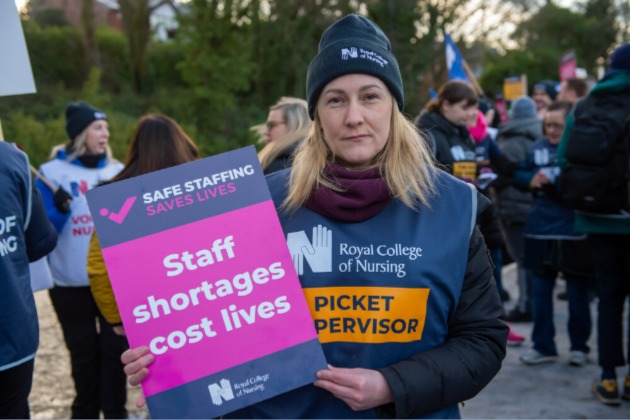Gemma wants members to know that speaking out and seeking support won’t mean the end of your nursing career
Talking about suicidal thoughts is an issue, not just among health professionals, but within society.
A number of years ago I attempted suicide. Following it, I was referred to the Nursing and Midwifery Council (NMC) about my fitness to practise.
Prior to the suicide attempt I was honest with my manager about how I was feeling, yet I had no support. Looking back it was probably because they didn't know what to say. I had no-one to talk to and felt so isolated.
When people at work found out they said, “but she seemed happy at work”.
My head was trapped in a cycle of suicidal thoughts
I put my uniform on and acted like I was fine, focussing on providing excellent care for my patients. I worked extra hard, taking on more shifts to try and keep as busy as possible. But my head was trapped in a cycle of suicidal thoughts.
Suicide is uncomfortable to talk about, but we need to talk about it. Making conversation can help breakdown the stigma; even the smallest thing you say can make a big difference. It might even save a life.
If you're feeling suicidal and feel you can’t talk to a family member, friend or colleague, there are lots of helplines to get support anonymously. Ask for help as it is so much harder going through it on your own.
The NMC investigation concluded no case to answer. I’m now a junior sister in the NHS and have been shortlisted for an award for the mental health work I’m doing to support staff.
Don’t put off communicating any issues you’re having due to fear of fitness to practise as it doesn't mean the end of your nursing career.
For mental health support from the RCN, call 0345 772 6100 to access our free counselling service for members.
Or call the Samaritans for free impartial advice and support 365 days a year, day or night, on 116 123.
You can also visit the RCN's webpage about suicide awareness.








